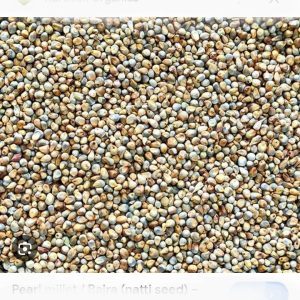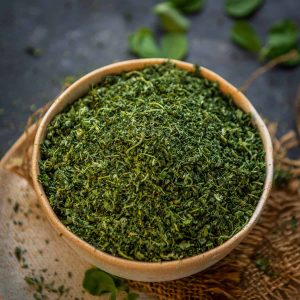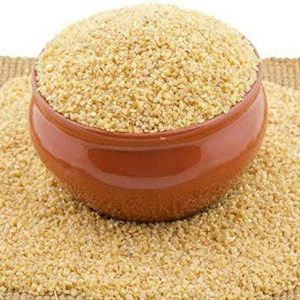CITRIC ACID
₹23.10 – ₹525.00
- Flavoring Agent: Citric acid is widely used as a flavoring agent in the food and beverage industry due to its sour taste. It enhances the flavor of products and provides a tartness similar to that of fresh citrus fruits.
1. Natural Source: Citric acid occurs naturally in citrus fruits, where it is found in high concentrations, especially in the juice. It is extracted from these fruits through various processes such as fermentation, extraction from lemon juice, or chemical synthesis.
2. Chemical Composition: Chemically, citric acid is a tricarboxylic acid with the chemical formula C6H8O7. It is a weak acid, meaning it only partially dissociates in water to release hydrogen ions.
3. Uses:
- Flavoring Agent: Citric acid is widely used as a flavoring agent in the food and beverage industry due to its sour taste. It enhances the flavor of products and provides a tartness similar to that of fresh citrus fruits.
- Preservative: It has antimicrobial properties that help extend the shelf life of food and beverages by inhibiting the growth of bacteria, yeasts, and molds.
- Acidulant: Citric acid is used as an acidulant to adjust the pH of foods and beverages, providing tartness and acidity.
- Chelating Agent: It can bind to metal ions, such as calcium and magnesium, preventing them from reacting with other ingredients and forming undesirable precipitates or off-flavors.
- Cleaning Agent: Citric acid is used in cleaning products, particularly as a descaling agent to remove limescale and mineral deposits from surfaces such as kitchen appliances, coffee makers, and bathroom fixtures.
4. Health and Safety:
- Generally Recognized as Safe (GRAS): Citric acid is considered safe for consumption by regulatory agencies such as the U.S. Food and Drug Administration (FDA) and the European Food Safety Authority (EFSA) when used in accordance with good manufacturing practices.
- Allergies and Sensitivities: While rare, some individuals may be allergic or sensitive to citric acid, experiencing symptoms such as hives, itching, or gastrointestinal discomfort.
- Dental Health: Citric acid, when consumed in excess, can erode tooth enamel due to its acidic nature. It’s important to consume citric acid-containing products in moderation and practice good oral hygiene.
5. Production and Availability: Citric acid is produced on a large scale through fermentation of carbohydrates by certain mold strains, such as Aspergillus niger. It is also synthesized chemically from raw materials such as sugar or corn syrup. Citric acid is widely available as a food additive and can be found in various forms, including powder, crystals, and liquid.
| WEIGHT | 10GM, 50GM, 100GM, 200GM, 500GM, 1KG |
|---|










Reviews
There are no reviews yet.